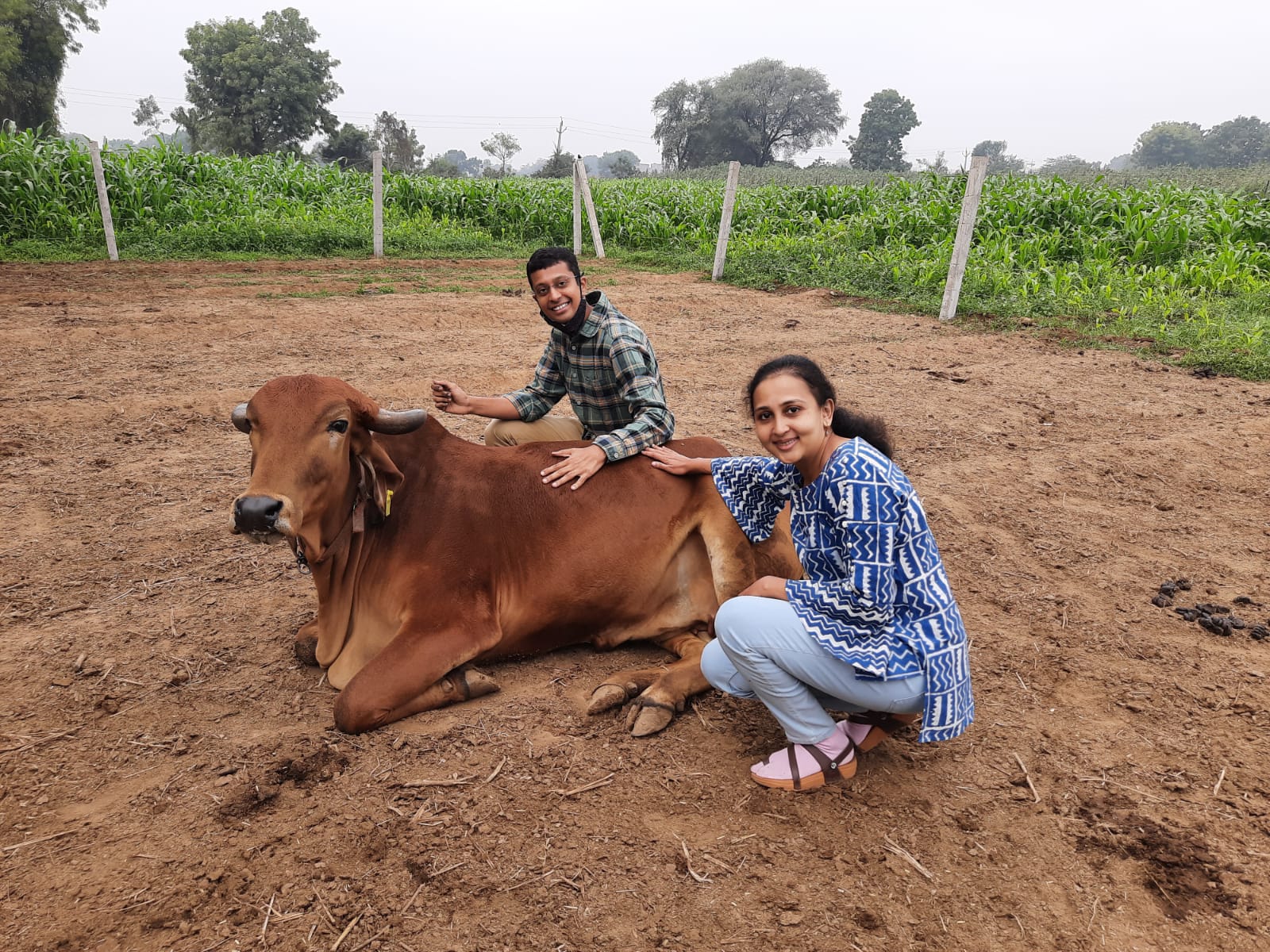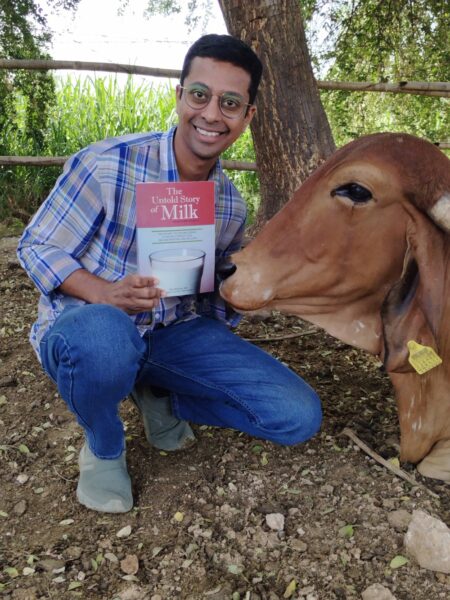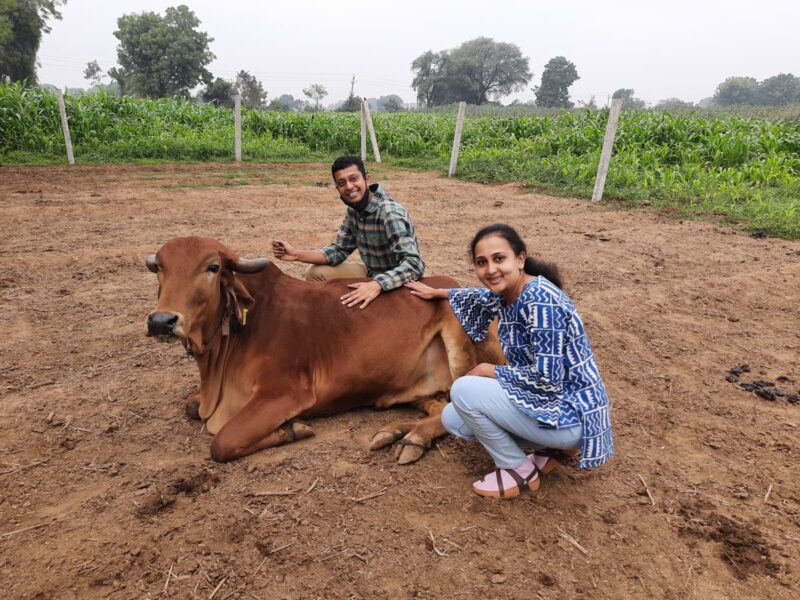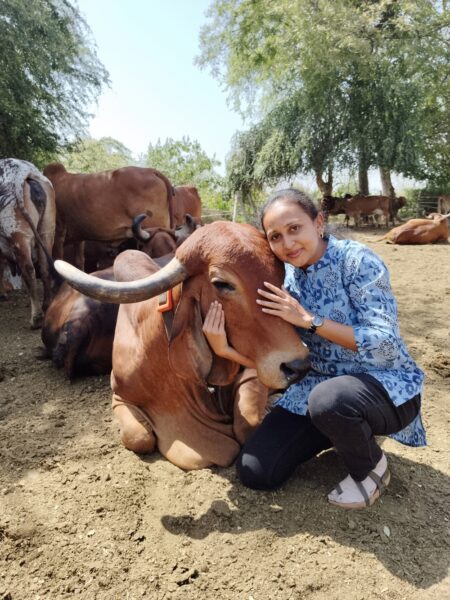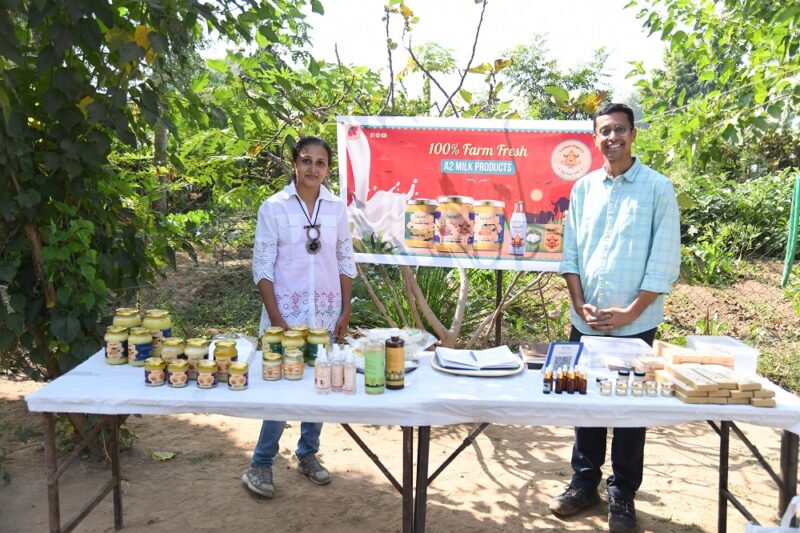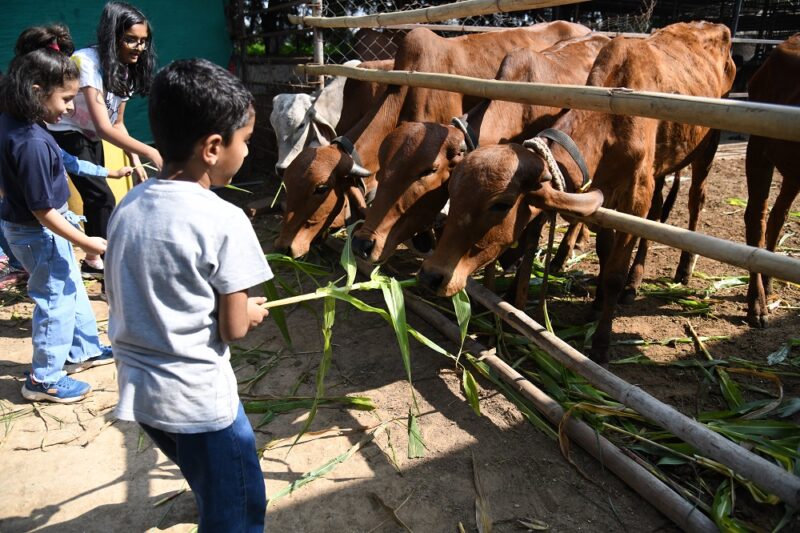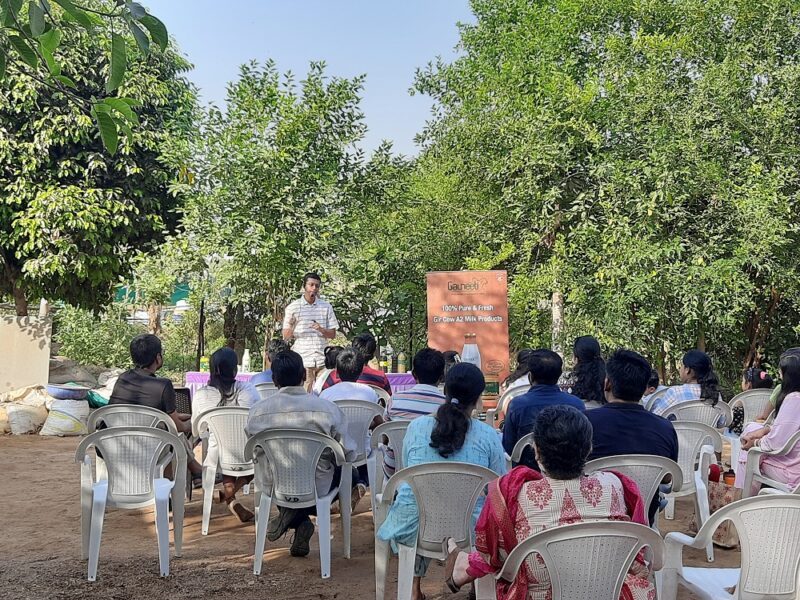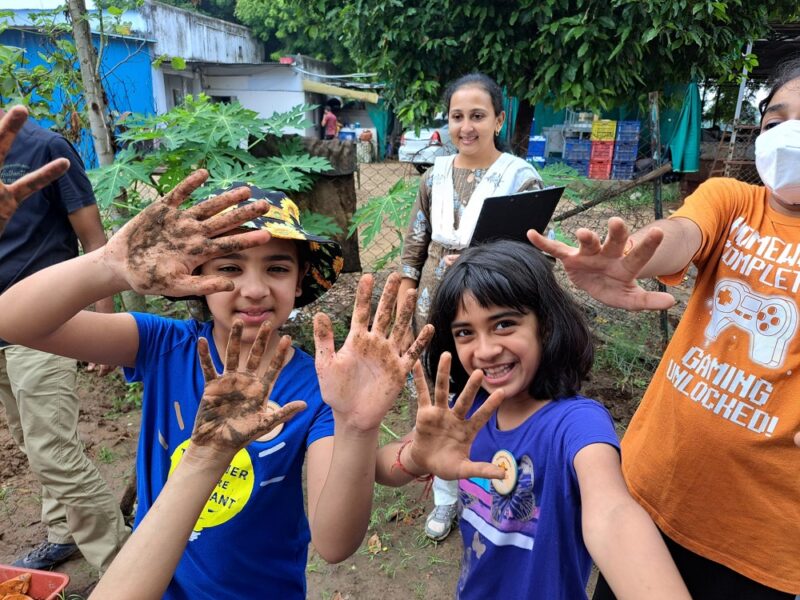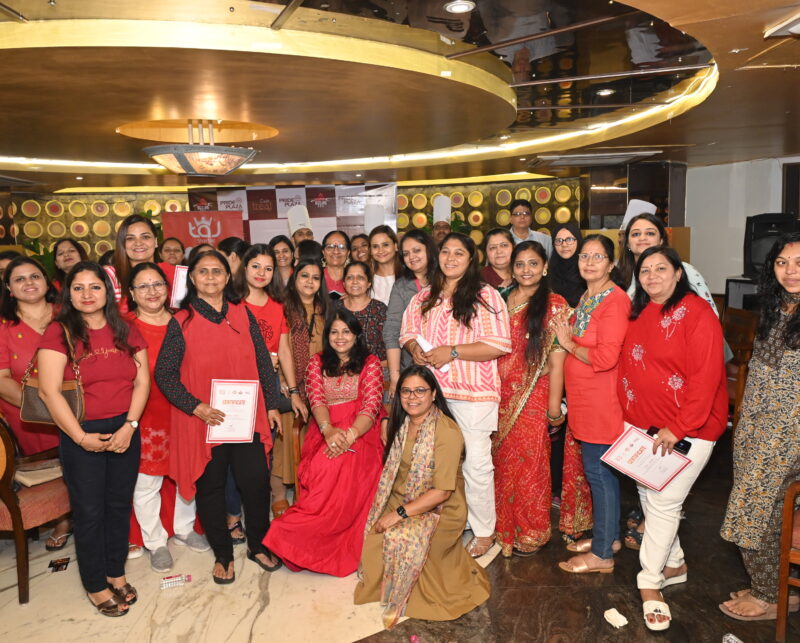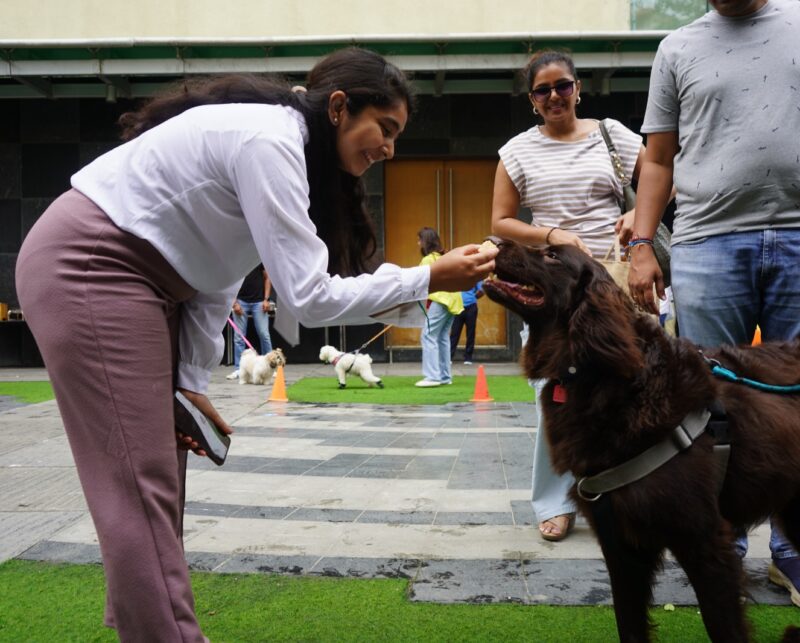An indigenous dairy enterprise
Shreekant Malde
What inspired you to start the dairy business?
I did my BE in IT and Masters in Software Engineering from renowned universities, worked with several good IT companies and MNCs for about 10 years, and had a decent paying job. But the job satisfaction was not great and I always felt I was under-utilizing my skills.
Also, after my father’s death from cancer, we had become relatively health conscious and wanted healthy food choices ourselves. Hailing from a Gujarati Jain Baniya Family, entrepreneurship runs in the vein?
How did you develop the cattle farm?
Me and my wife Charmy are nature lovers and always wanted to do something in the agriculture sector. After dedicating about a year to research and conducting several farm visits, we discovered only a handful of promising prospects amidst numerous challenges in this domain. However, we remained steadfast in our resolve to leave our jobs and chase our dream. However, our limited land posed a challenge for us. Recognizing the symbiotic relationship between dairy farming and agriculture, we opted to focus on dairy farming and raise indigenous cows, which would thrive despite our space constraints.
Why did you decide to keep indigenous breeds and make A2 milk products?
A1 and A2 are basically two types of proteins found in milk. Our original Indian breeds (Gir, Kankrej, Sahiwal, etc.) who basically have a hump on their back have A2 protein in their DNA, thus they produce A2 Milk. On the other hand, foreign breeds like Holstein Friesian and Jersey, with no hump, have A1 protein in their DNA, thus producing A1 Milk. It has been scientifically proven that A1 Milk causes a number of health issues and diseases like Autism, Schizophrenia, Diabetes, etc. whereas A2 Milk is far superior for health and helps fights against these diseases and build immunity (by Australian Researcher Keith Woodford, of the well-known book ‘Devil in the Milk’). Obviously, the great Indian Ayurveda has countless mentions of the benefits of our Desi Cows’ Milk, Ghee and Panchgavya.
Financially speaking, rearing an A1 Cow is much more viable compared to our Indian A2 Cows, because of almost 3 times more milk production. However, not only the milk, but also the dung and urine of our Indian A2 Cows are far superior in quality, which improves our health as well as the soil health and thus is very ideal for a sustainable ecosystem. And we decided that we will rear Indian Cows, go back to our roots, practice integrated farming and prove that not only these are good for everyone, they are also economically viable if done in the right way.
The USPs of GauNeeti?
1. Lab tested, organically fed and disease free Gir Cows
2. Strictly no hormones are given to the cows and Ethical Milking is followed
3. All products are chemical, preservatives and cruelty free
4. Hi-tech, efficient, transparent systems and processes
5. We endeavor to uplift rural community socially and economically
What are your top products?
Gir Cow A2 Milk, A2 Paneer and A2 Bilona Ghee
The recently launched and upcoming Products?
Healthy snacking options like A2 Ghee Cookies from wheat and millets, A2 Ghee Ladoos, and Healthy Nutri Bars
Future Plans?
-
Increase awareness and expand our D2C presence in Ahmedabad
-
Expand our sales through e-commerce platforms
-
Scale up exports of A2 Ghee and related products
About the author
Charmy Malde
Co-founder
GauNeeti Organics Pvt. Ltd


